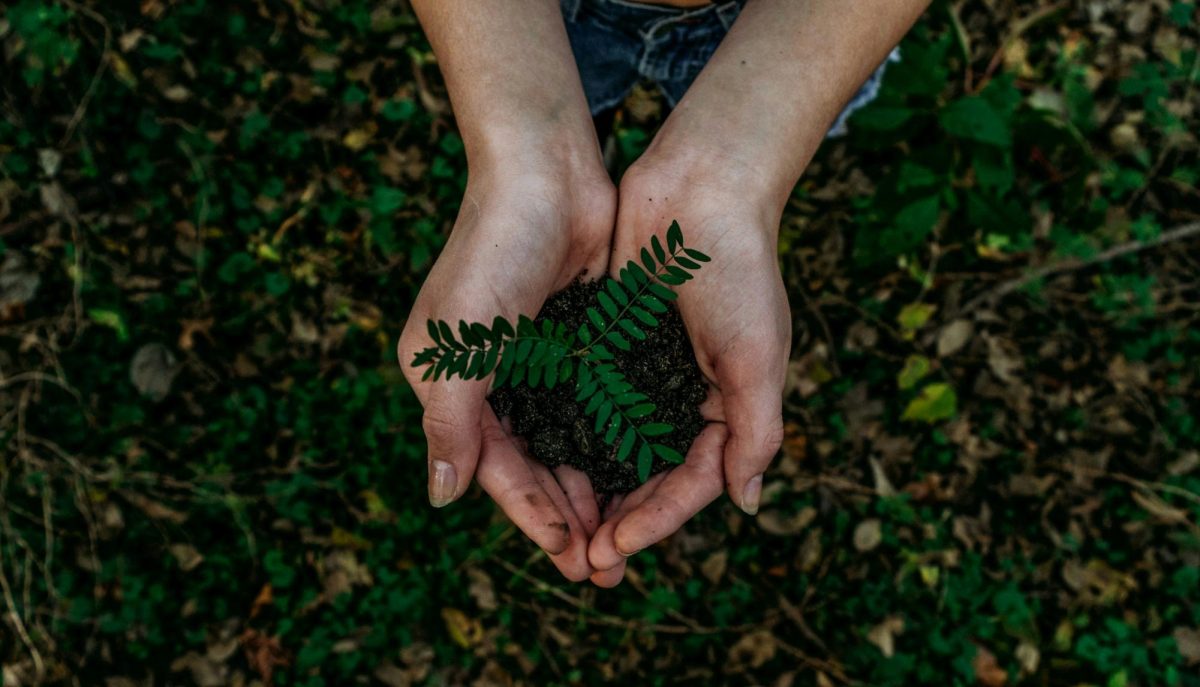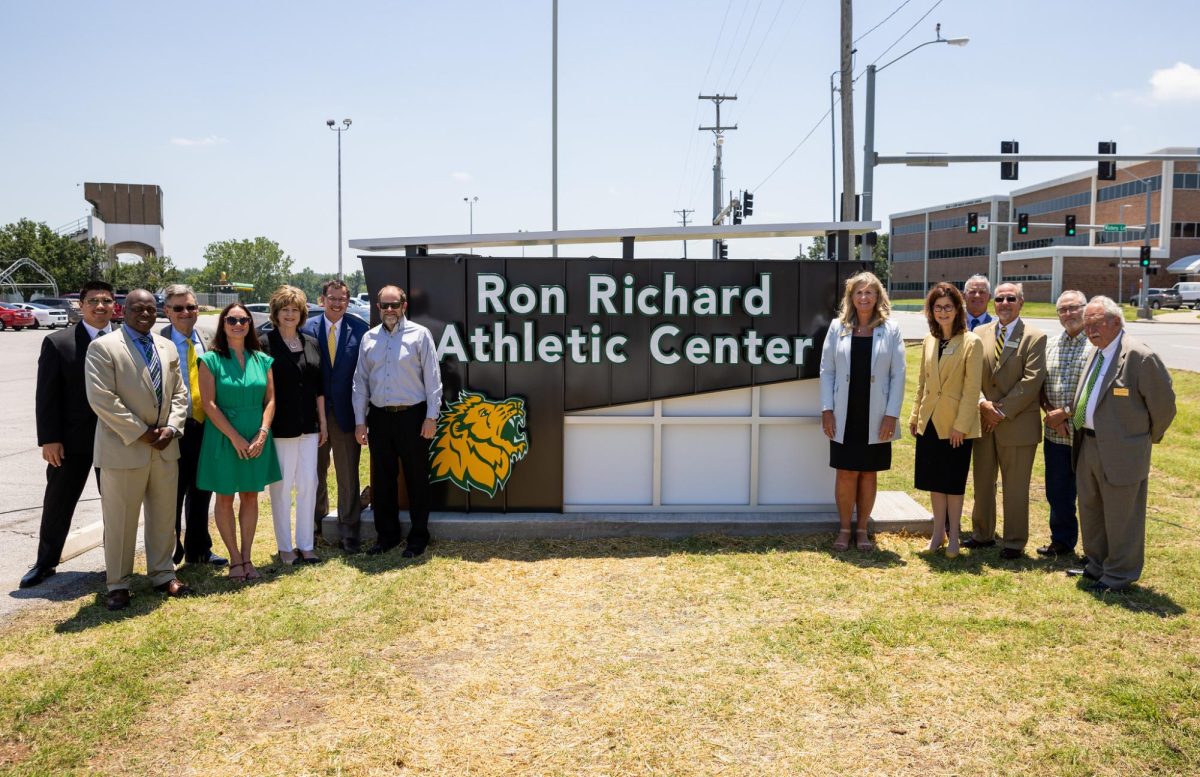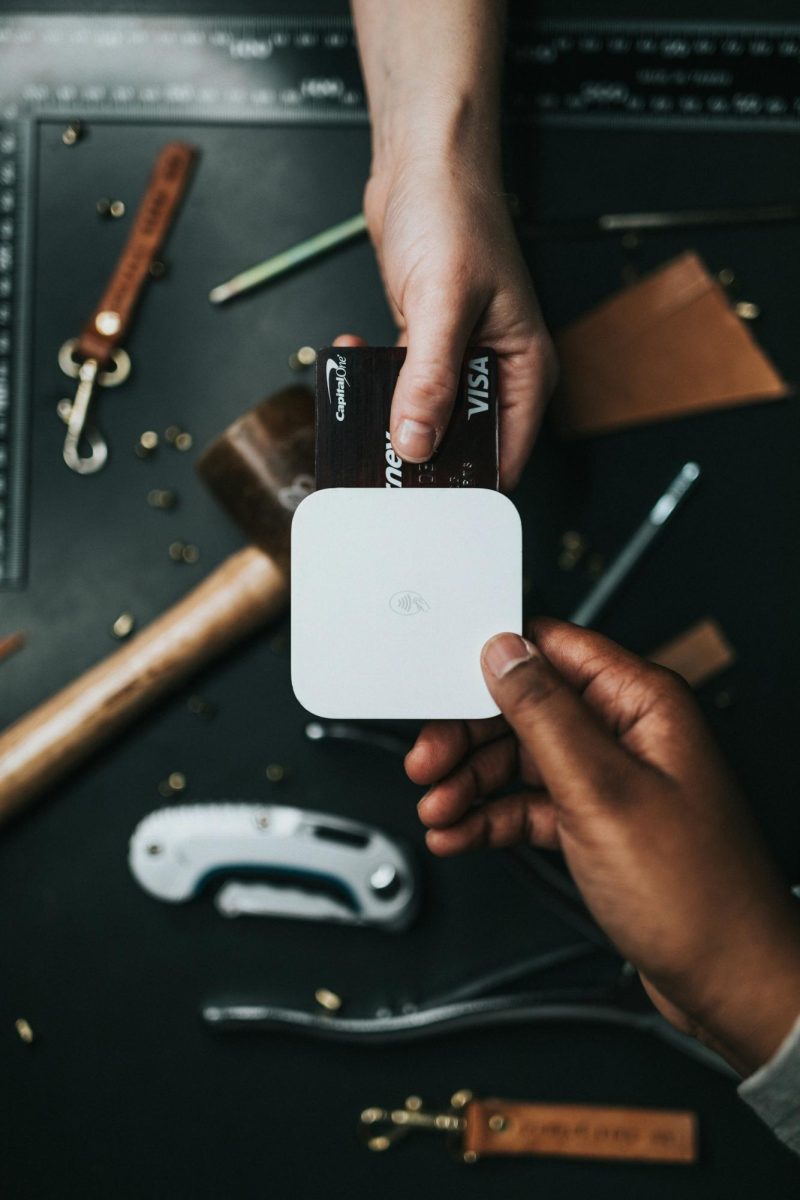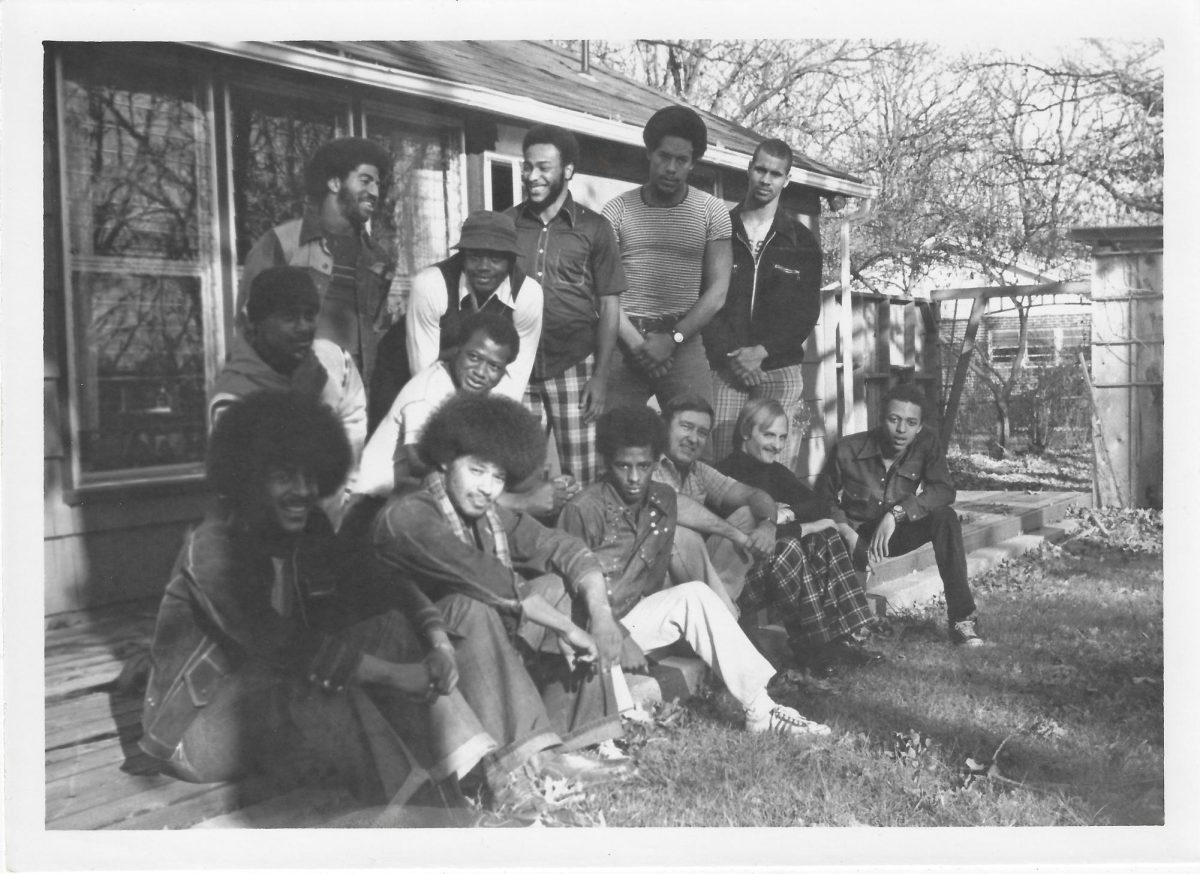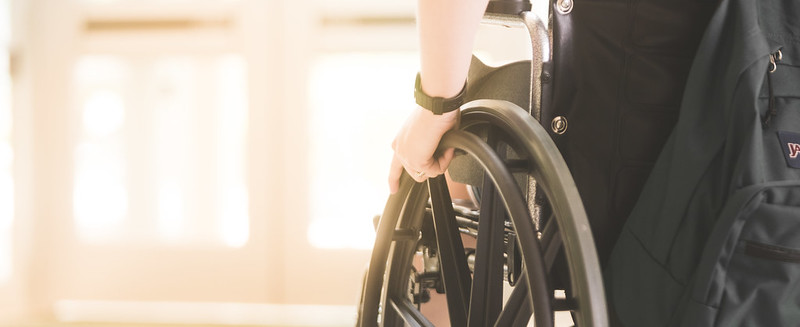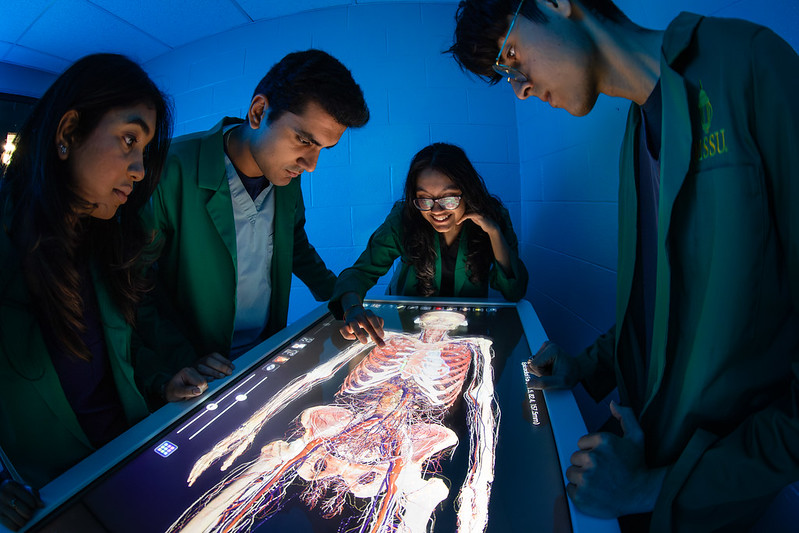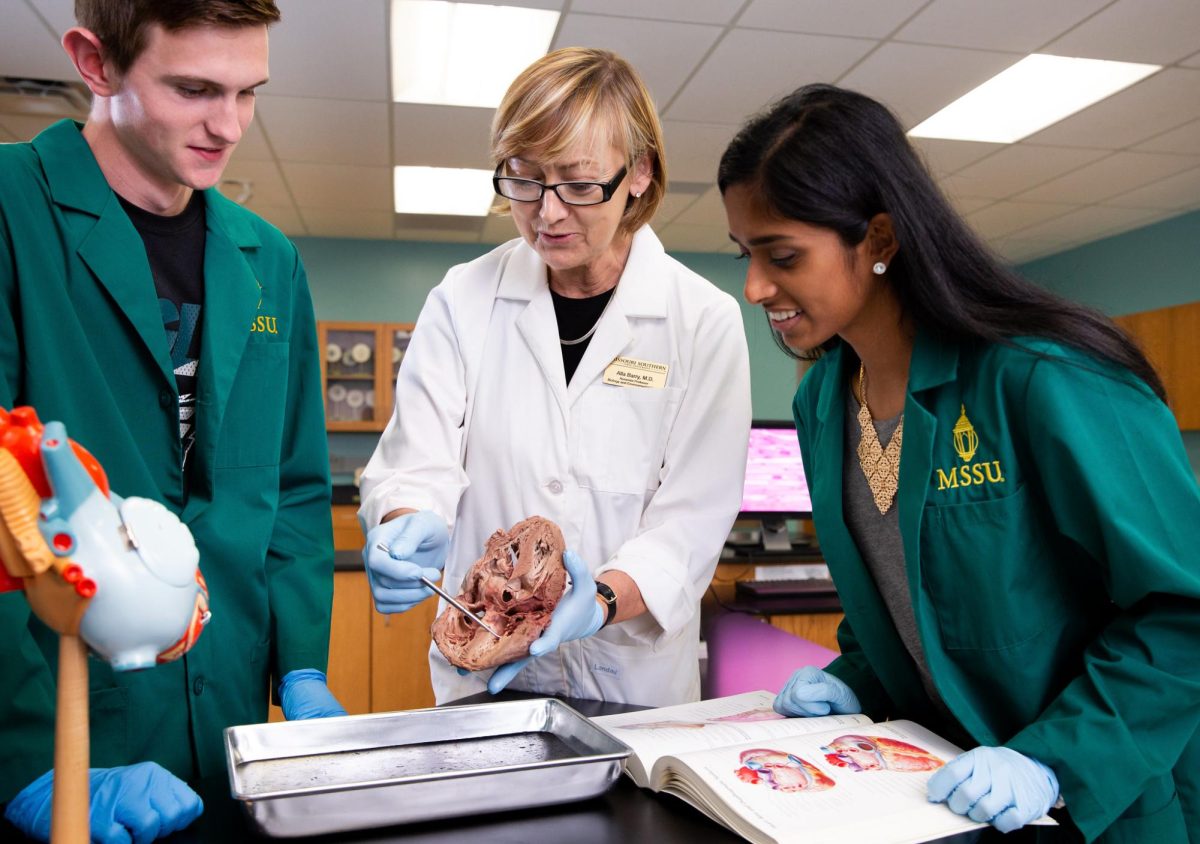If you missed it, the Earth Day Sustainability Conference, held on April 18, hosted many insightful presentations on sustainability. We heard from Jeff and Carolina Neal, Chief Executive Officer and Chief Financial Officer and owners of Neal Group Construction; Summer King, Environmental Scientist for Quapaw Nation; Robin Standridge, Executive Director of Wildcat Glades Nature Group; Dr. Mary Kilmer, Department Chair of Biology and Environmental Health; Bonnie Chastain, Nutritional Health Coach at Natural Grocers; and Jeff Nichols, Habitat Restoration Manager for the City of Webb City.
From these presentations, here’s what you can do to live more sustainably:
- Keep the environment clean. Don’t litter!
Remediation at Tar Creek Superfund Site utilizes wetland ponds to remove lead, zinc, cadmium, and iron from the water of sites contaminated by chat piles. The cleanup initiative has produced amazing results in the environment, including the return of wildlife to previously polluted areas. The Cardinal Valley Habitat Restoration project has seen similar results, restoring wildlife habitats, protecting water quality, and creating beneficial uses for mine-scarred lands. By reducing environmental waste, we can keep these areas clean and beautiful.
- Find a new purpose for things you already have. Give a used item a second life.
Neal Group Construction is a sustainable construction and restoration company. They don’t construct new buildings. Instead, they rehabilitate existing buildings with a new purpose, preserving their historic characteristics. By retrofitting existing resources, Neal Group gives historic buildings a new life, making the best use of what we already have. By giving familiar things a new use, we can prevent waste and materialism.
- Eat organic.
Industrial agricultural practices like synthetic fertilizers, pesticides, excessive tilling, and monocropping threaten environmental, human, and economic health. The industry causes a decline in biodiversity and polluted water and air, damages ecosystems, exposes us to synthetic chemicals and diet-related diseases, and promotes agricultural monopolies. Eating organic can offset these harms. Look for an organic label at the grocery store. Everyone can make a difference!
- Avoid using pesticides.
Pesticides pose an incredible threat to pollinating species, of which there are an estimated 35,000. This pollination is critical to a third of the world’s crop production. By using less pesticides, pollinating populations can do their important work.
- Plant native species.
Native plant life provides a food source and habitat for pollinators. By planting a native vegetation in yards, on porches, or on unused land areas, we can support important pollination. Go to a local garden store for native plants.
- Understand your role in the larger picture. Individuals can make a difference.
Wildcat Park is a beautiful nature park. It remains beautiful because dedicated volunteers remove trash and invasive species from trails and engage the community in conservation efforts. Every volunteer makes an impact. Everyone can make a change by first changing their own behavior, then educating others.
- Volunteer.
Every community benefits from volunteerism. Reach out to local organizations and see what you can do to make a difference. Participate in a cleanup at Wildcat Glades. Help remove invasive species. Build pollinator houses. Get involved!



















